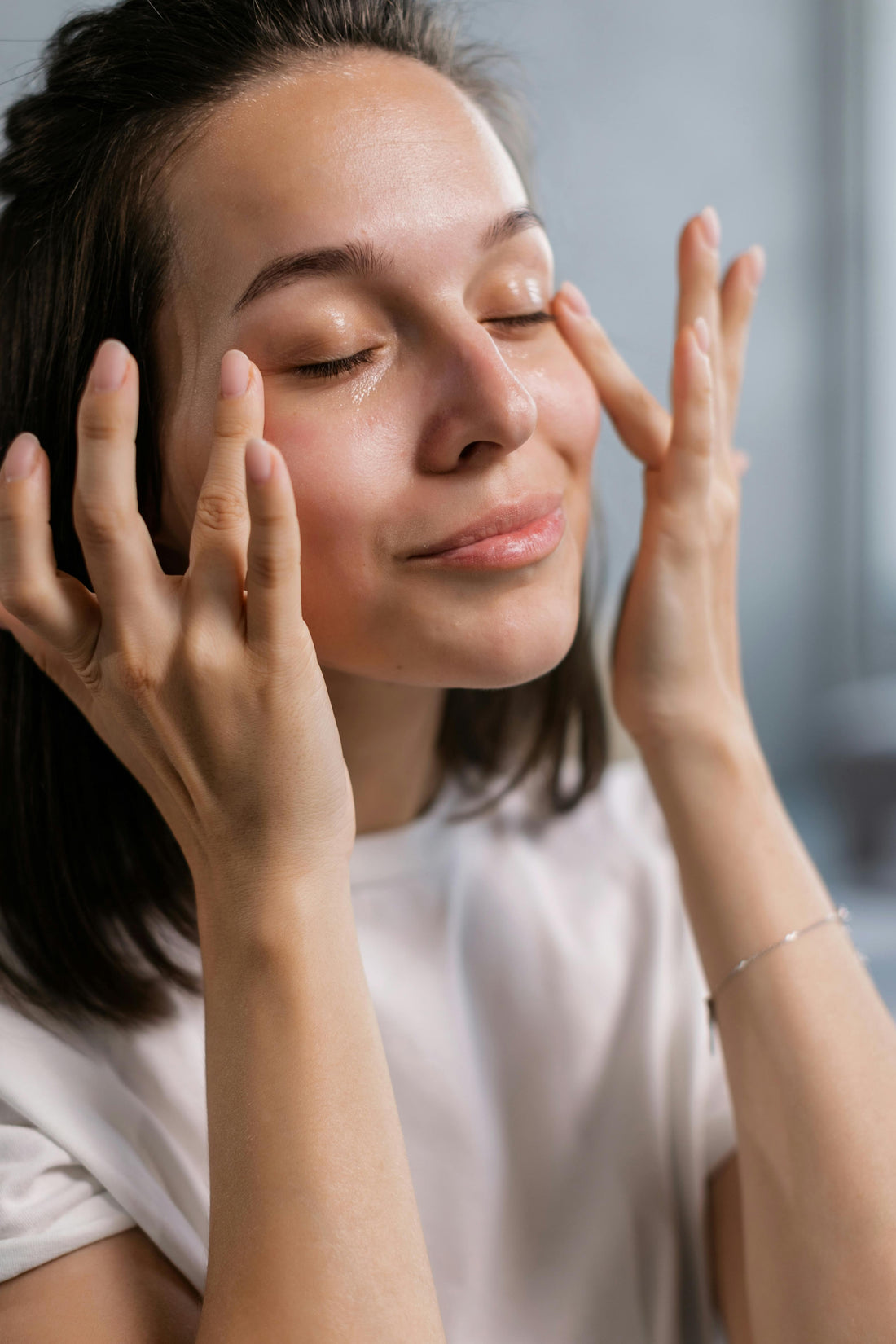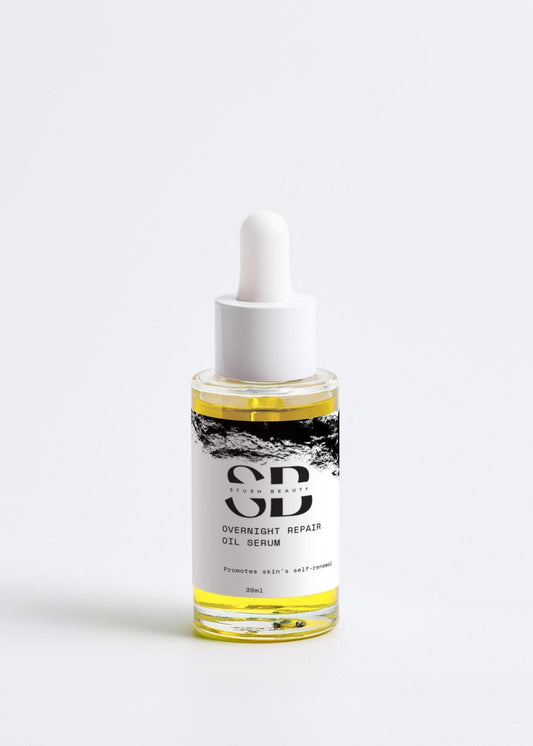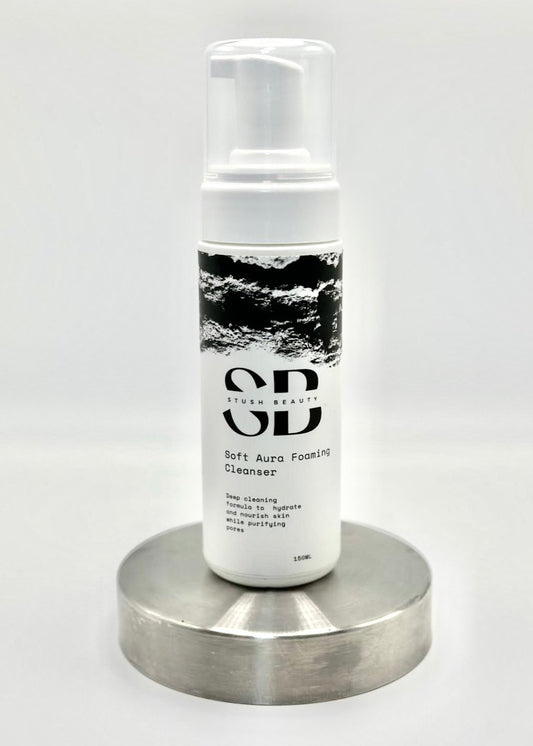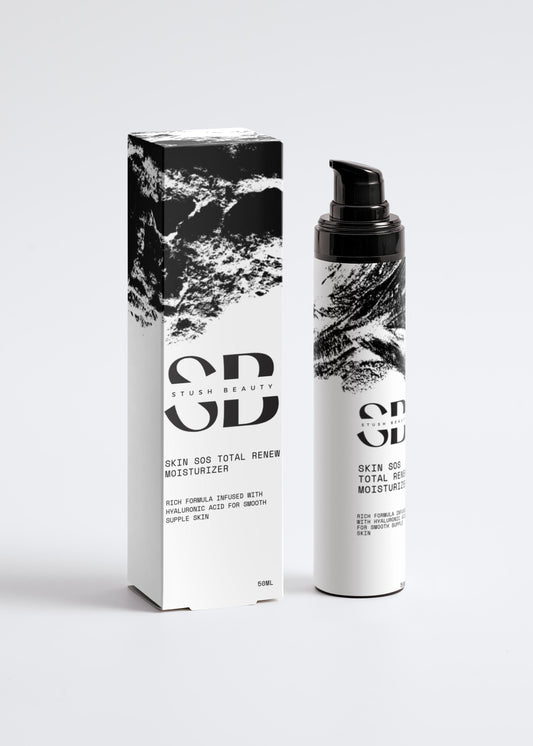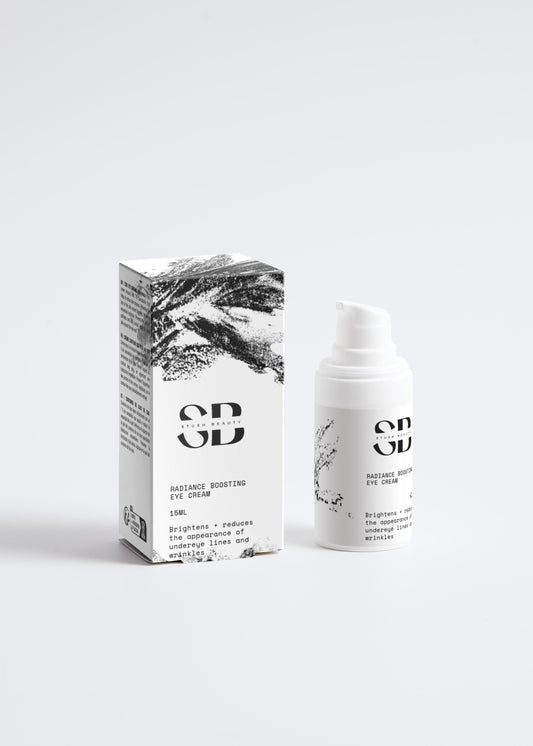Should you be using an eye cream in your skincare routine?
Few debates are as persistent as the efficacy of eye creams. For decades, eye creams have tantalized consumers with the allure of banishing dark circles, reducing puffiness, and smoothing out fine lines around the delicate eye area. But amidst the sea of extravagant claims and sleek packaging, one question lingers: do eye creams actually work?
The answer, like many things in the world of skincare, is nuanced. To dissect this topic, let’s delve into the science behind eye creams and examine whether they live up to the hype.
Firstly, it’s important to understand the unique composition of the skin around the eyes. Thinner and more delicate than the rest of the face, the skin around the eyes is prone to dryness, fine lines, and puffiness. Factors like aging, sun exposure, genetics, and lifestyle choices can exacerbate these issues, making the eye area a prime target for specialized skincare products.
Eye creams often contain a cocktail of ingredients tailored to address specific concerns. Common ingredients include retinol, peptides, hyaluronic acid, caffeine, antioxidants, and botanical extracts. These ingredients are purported to hydrate, firm, brighten, and protect the delicate skin around the eyes.
But do they deliver on their promises? The answer varies depending on several factors:
-
Ingredients: The efficacy of an eye cream largely hinges on its formulation. Ingredients like retinol and peptides have been clinically proven to stimulate collagen production and reduce the appearance of fine lines and wrinkles over time. Hyaluronic acid hydrates and plumps the skin, while caffeine can temporarily constrict blood vessels, reducing puffiness. However, the concentration and quality of these ingredients can vary between products.
-
Consistency and Compliance: Like any skincare regimen, consistency is key. Applying an eye cream sporadically or expecting instant results is unrealistic. Results may take weeks or even months of consistent use to become noticeable. Additionally, incorporating other good skincare practices such as wearing sunscreen, staying hydrated, and getting adequate sleep can complement the effects of eye creams.
-
Individual Variability: Skincare is not one-size-fits-all. What works wonders for one person may yield minimal results for another. Factors such as skin type, age, genetics, and existing skincare routines can influence how effectively an eye cream works for an individual.
-
Placebo Effect: It’s also worth considering the placebo effect. The act of applying an eye cream and engaging in a skincare ritual can impart a sense of self-care and well-being, which may contribute to the perceived effectiveness of the product.
While eye creams can certainly be beneficial in addressing specific concerns related to the delicate eye area, they are not miracle workers. Their effectiveness depends on a multitude of factors, including formulation, consistency, individual variability, and realistic expectations.
Ultimately, the decision to incorporate an eye cream into your skincare routine boils down to personal preference and priorities. If you enjoy the ritual of pampering your skin and notice positive changes with consistent use, then by all means, continue to indulge. However, if you find that your eye cream is falling short of expectations, don’t be disheartened. Experimenting with different products or focusing on overall skincare habits may yield the results you desire.
Remember, true skincare efficacy lies not in the miraculous claims of a single product, but in the holistic approach of caring for your skin inside and out.
